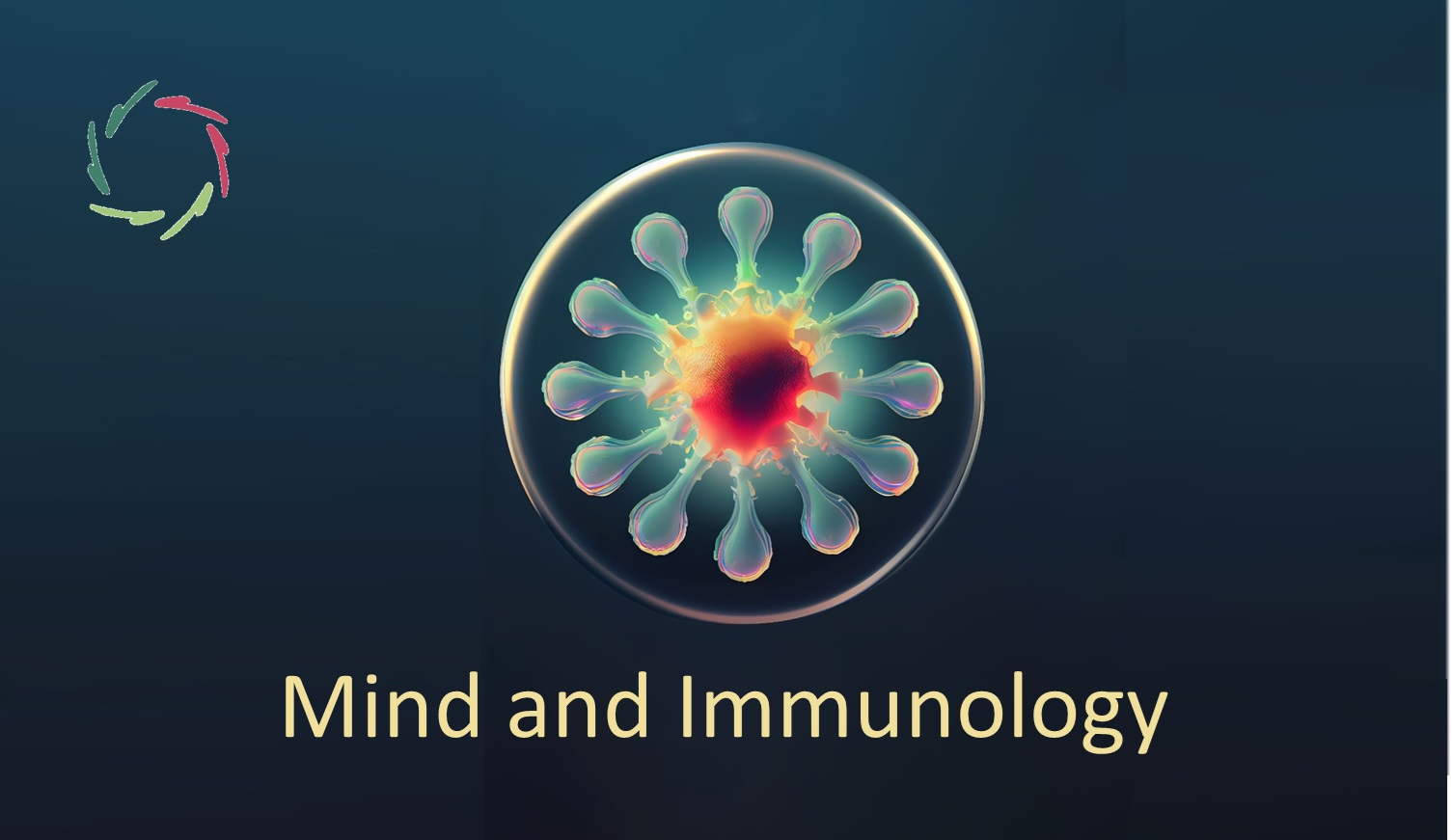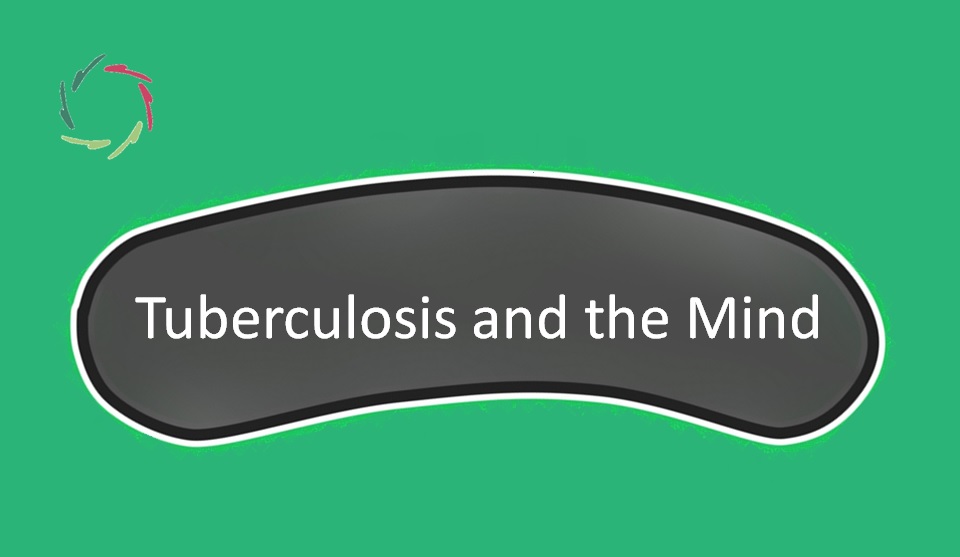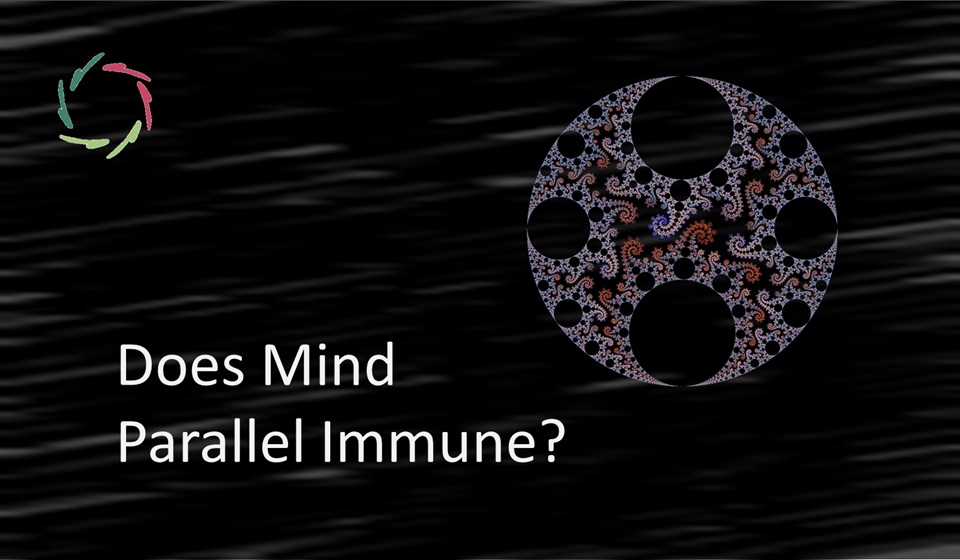Mind and Immunology

The belief that the mind and immune system operate independently is now outdated. They are closely interconnected.
Of course, there is also the nervous system, the hormonal system, etc. All are complementary within one framework. This blog focuses on the mind and the immune system, bringing in the others as needed.
The following contains medicalese. You can skip it and only keep the consequences in mind. If you want more medicalese, an article by R.H. Straub is a good start. [1]
Showing the importance of taking the mind seriously in this regard:
“Recent estimates suggest that more than 50% of all deaths worldwide are currently attributable to inflammation-related diseases.” [2]
Scientific research in the past few years reveals a deeper involvement of the immune system in inflammation than previously understood, bringing the immune system much more to the forefront of medicine.
The mind plays a crucial role in this, though understanding the myriad ways it does so remains a challenge. In my view, the most pressing danger is that materialistic thinking might wipe out human meaningfulness. Profoundly delving into how the mind and immune system are interrelated will guide us into a much better direction.
The immune system and the brain
Immunological influences on the brain are multiple — neuroprotective as well as neurodestructive. Using some medicalese:
- A specific type of immune cell (microglia) is part of the brain. More generally, all glial cells (including astrocytes and oligodendrocytes) in the brain are immune-competent and constitute more of the brain volume than do neurons.
- Specific immune molecules (such as pro-inflammatory cytokines) easily pass through the ‘blood-brain barrier.’ In the brain, they activate the microglia.
- Increased activation of the peripheral immune system leads to the production of neurotoxic metabolites in the brain.
- Specific autonomic nerves make cell-to-cell contact with peripheral immune cells in lymphoid organs (for a reason, of course).
- The big vagus nerve communicates bidirectionally between the brain and body, including immunologically.
- Inside the brain, immunologic influences alter neurotransmitter functions, neuroplasticity, and neurogenesis (birth of new synapses, dendrites, and whole neurons).
In the opposite direction, from brain to periphery, we also know a lot, such as:
- The hypothalamic-pituitary-adrenal axis and its role on cortisol and adrenal androgens has long been investigated — with, for instance, its role in human chronic rheumatic diseases.
- The sympathetic nervous system and its anti- and pro-inflammatory effects.
- The immunomodulatory roles of many other brain-engendered hormones, such as thyroid gland hormones, growth hormone, etc.
- The immunosuppressive role of the parasympathetic nervous system.
- These intricate connections make it interesting to look at the whole as one homeostatic system (Markov blanket). Eventually, no final choice must be made. Both views – as one system or as two – strengthen each other.
The immune system as part of the brain/mind
In the game of sensing the world and its dangers, neuroimmune communications phylogenetically date from as soon as organisms became able to make it possible, probably even from before the systems themselves differentiated. At the cellular and molecular level, defense and communication likely have coevolved. [3]
Not surprisingly, immune cells and neurons are more like cousins than strangers. Many features coincide, such as their complexity, diversification, and their ‘memory’ (data storage and retrieval capability), sharing a common set of functional and molecular mechanisms. For instance, cytokines function as intercellular signal transmitters and as neurotransmitters. Also, both work basically as a predictive system, showing pattern recognition and completion as a primary mode of reacting to the environment and learning to infer threats appropriately. Similarities are so profound that some immunologists call the immune system ‘the second brain.’
Interestingly from a healthcare viewpoint, with inappropriate learning, both show a vulnerability to succumb to hypersensitivity reactions: the one, for instance, to pain; the other, including allergies and autoimmune disorders.
Moreover, several immune markers have been identified as related to psychosocial stress.
Including (more medicalese):
- Cytokines: These are signaling proteins that regulate immunity and inflammation. Stress can alter the levels of pro-inflammatory cytokines such as IL-6, TNF-α, and IL-1β, as well as anti-inflammatory cytokines like IL-10.
- C-reactive protein (CRP): This is a marker of inflammation often increased in response to stress.
- Natural Killer (NK) cells: These cells are crucial for the body’s defense against tumors and virally infected cells. Chronic stress can reduce NK cell activity.
- Cortisol: While not an immune marker per se, cortisol is a stress hormone that influences immune function by modulating inflammation and immune cell distribution.
So, how does the immune system relate to the mind?
For instance, can the immune system help in making one feel this or that?
It cannot. More accurately, it IS (part of) feeling this or that.
The hard problem of how the objective world (immune cells, etc.) can influence the subjective world gets softened by talking of states. One’s ‘state of having a specific feeling’ is the same as one’s ‘state of a specific combination-of-all-physical-elements.’ The latter includes immune elements. Thus, any single immune change necessarily changes the whole pattern because it is part of the entire pattern. More generally, the complexity of the mind involves that of the central nervous system and more, including the immune system.
If you want to posit it this way (simply although not entirely accurately), your immune system shapes your feelings, and your feelings shape your immune system.
This is also pathologically relevant.
Chronic inflammation – whether mild or severe – has a clear negative influence on general brain function, depression, and other mental and neurological conditions such as PTSD, Alzheimer’s, etc.
On the other hand, as much research has proven in the past decades, psychosocial stress can substantially influence immune pathogenesis, such as autoimmune disorders, some types of cancer in animals and humans, allergies, and acute and chronic infectious diseases (symptomatic recurrence of herpes simplex, AIDS progression, incidence of sepsis,…). Sadly, this also exerts influence over many years. Even very young children – including in the womb – who suffer from stressful adversities show long-term detrimental influences on stress responsiveness and disease (cardiovascular, metabolic, autoimmune,…) much later in life.
The ‘two-hit model’
According to this, chronic psychosocial stress together with another pro-inflammatory factor – such as genetic predisposition or some environmental factor – usually work together to initiate disease. This may explain why one person gets a different autoimmune disorder than another person while the basic condition may be understood as the same.
I go further on this when speaking of a ‘whirlpool of disease.’ In this paradigm, several factors find each other and enhance each other’s negative energy toward forming a new structure, a whirlpool that we can see as ‘disease.’ In relation to this, mind-related medical causal thinking still has a long way to go.
Complexity is key here, making it fascinating that there is complexity galore in the immune system as well as in the mind.
This shows that we are living organisms.
Mainly, we are complex all the way through, including the mind and the immune system as well as the profound interplay. In my view, as you might already know when reading these blogs, this shows that we humans are immensely interesting and deserve – each of us – a lot of Compassion, basically.
For this, it’s also interesting to get to know our complexity even better and do research about it.
And, of course, to use Lisa’s help as profoundly as possible in theory and practice. Lisa can propose mental exercises to support immune health. Lisa can also act as a general coach, helping people find ways to be more Compassionate to themselves ― including immunologically.
References
[1] Straub RH, Cutolo M. Psychoneuroimmunology-developments in stress research. Wien Med Wochenschr. 2018 Mar;168(3-4):76-84. doi: 10.1007/s10354-017-0574-2. Epub 2017 Jun 9. PMID: 28600777.
[2] Shields GS, Spahr CM, Slavich GM. Psychosocial Interventions and Immune System Function: A Systematic Review and Meta-analysis of Randomized Clinical Trials. JAMA Psychiatry. 2020 Oct 1;77(10):1031-1043. doi: 10.1001/jamapsychiatry.2020.0431. PMID: 32492090; PMCID: PMC7272116.
[3] Aurora Kraus, Katherine M Buckley, Irene Salinas (2021) Sensing the world and its dangers: An evolutionary perspective in neuroimmunology eLife 10:e66706 https://doi.org/10.7554/eLife.66706


